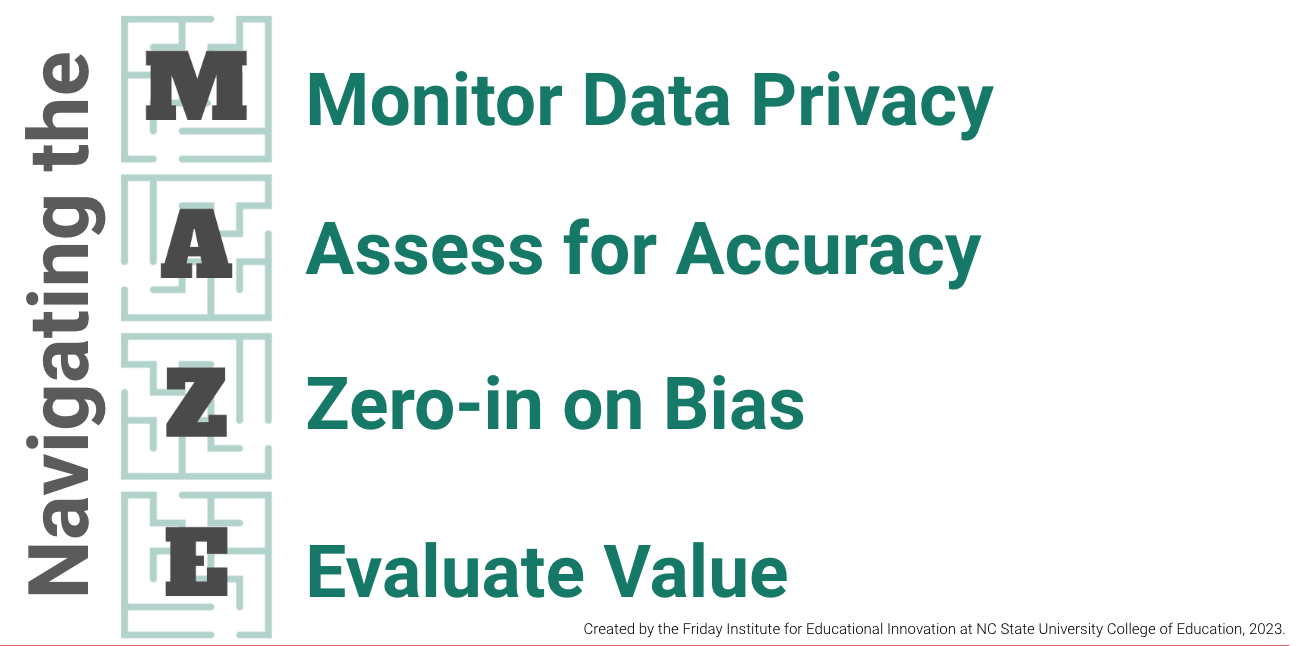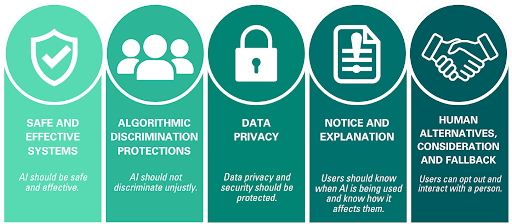Four Tips for Educators from “Exploring Next-Generation Education: K-12 Trends That Matter for 2021″
On Jan. 27, Friday Institute Executive Director and NC State College of Education Associate Dean Hiller A. Spires, Ph.D., moderated a virtual panel with K-12 education thought leaders during the webinar “Exploring Next-Generation Education: K-12 Trends That Matter for 2021″. Kicking off the discussion, she asked how educators can usher in new ways of thinking about education and how panelists analyze, predict and dream of next-generation schools in 2021.
“We’ve had an extremely challenging year—a global pandemic, ongoing racial injustice and inequities, economic challenges for our most vulnerable, an insurrection on our nation’s capital and a presidential inauguration, which signaled new beginnings for our country,” said Spires during the webinar. “Educators navigated their way through these compounded issues. They summoned their creativity and resiliency to support and engage students with this dramatic backdrop. We’re now moving further into 2021 with disappointments and frustrations combined with the hope for a brighter collective future.”
Panelists included Punya Mishra, Ph.D., associate dean of scholarship and innovation and professor at the Mary Lou Fulton Teachers College at Arizona State University; Jessica Decuir-Gunby, Ph.D., head of NC State College of Education’s Department of Teacher Education and Learning Sciences; Jere Confrey, Ph.D., Joseph D. Moore Distinguished Professor Emeritus of Mathematics Education at the NC State College of Education; and Yong Zhao, Ph.D., Foundation Distinguished Professor at the School of Education at the University of Kansas. Here are some highlights from that conversation:
Teach Empathy
One way we might address the tension and polarization currently felt in the country is through empathy, said Decuir-Gunby. She said that people need to learn how to talk to those from different backgrounds and have meaningful conversations.
Humanize Curriculum
According to Mishra, COVID exacerbated the inequities in the education system and made educators question the system as a whole. He said that the current system is based around a rigid curriculum and to rethink the system, those involved in shaping the curriculum should humanize it and put students at the center.
Engage Students in Their Own Learning
“The key to education lies in making progress in student engagement,” said Confrey. She discussed the work she’s doing with colleagues in designing entrepreneurial challenges for middle grade students to be inventors and solutions of problems.
Focus On Student Gains During Remote Learning
Zhao says educators should look at the student gains from this pandemic—independence, resilience and creativity—and not focus as much on learning loss. He believes that remote learning has allowed students to learn to interact online and suggests in meeting students where they are in their learning journey.
Spires ended the webinar with a question for educators.
“As educators, we’re all trying to figure out and reimagine what school can be,” said Spires. “Going forward, there will be multiple models, and we’re going to learn more about what works and doesn’t work. We must ask ourselves, ‘What are the kind of redesigns or reorientations that we need to invest in to make sure that we reach all learners?’”
Watch a full recording of the webinar here.


